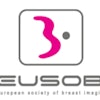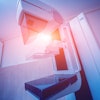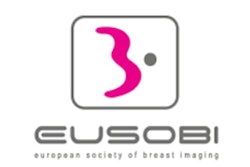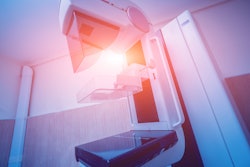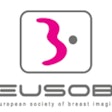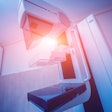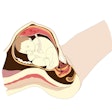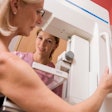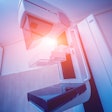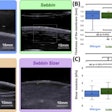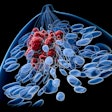The willingness of women with dense breasts to reattend an ongoing MRI screening study is high, but more effort must be made to improve the overall patient experience and increase the reattendance rate if widespread supplemental MRI screening is implemented, Dutch researchers have reported.
Evidence shows supplemental MRI screening improves early breast cancer detection and reduces interval cancers in women with extremely dense breasts in a cost-effective way, Stefanie Veenhuizen, from the University Medical Center (UMC) Utrecht, and colleagues wrote in an article posted on 19 April in European Radiology. The European Society of Breast Imaging (EUSOBI) recommends MRI screening for these women, but the debate on whether to implement it in breast cancer screening programs is ongoing. "Insight into the participant experience and willingness to reattend is important for this discussion," the authors noted.
For the new study, the team worked out the reattendance rates of the second and third MRI screening rounds of the Dense Tissue and Early Breast Neoplasm Screening (DENSE) trial. They also calculated age-adjusted odds ratios to evaluate the association between characteristics and reattendance. Women who discontinued MRI screening were asked to provide one or more reasons for their decision.
The reattendance rates were 81.3% (3,458/4,252) and 85.2% (2693/3160) in the second and third MRI screening rounds, respectively. A high age (> 65 years), a very low body mass index (BMI), lower education, not being employed, smoking, and no alcohol consumption were correlated with lower reattendance rates. "Moderate or high levels of pain, discomfort, or anxiety experienced during the previous MRI screening round were correlated with lower reattendance rates. Finally, a plurality of women mentioned an examination-related inconvenience as a reason to discontinue screening (39.1% and 34.8% in the second and third screening rounds, respectively)."
Dr. Ritse Mann, a co-author of the new European Radiology paper and a breast and interventional radiologist at the Radboud University Medical Center in Nijmegen and the Netherlands Cancer Institute in Amsterdam, thinks the findings are significant. "The study basically shows that MRI is a well-accepted screening technique, for which women are willing to return. Nonetheless, the comfort of the screening test remains important and unpleasant experiences during a test are an important reason to discontinue screening -- this is true for any screening technique."
 Dr. Ritse Mann.
Dr. Ritse Mann.
The introduction of abbreviated MRI should increase patient comfort due to the shortening of the time in the magnet, he continued. "In the follow-up study of DENSE, DENSE-2, which will likely start in fall of this year, a strongly abbreviated protocol will be employed to improve the screening experience and simultaneously improve cost-effectiveness. We sincerely hope that this will indeed be a very low burden examination to women, that is expected to retain the very high sensitivity and specificity observed within DENSE."
The DENSE-2 study is going to be pivotal in changing the situation in the Netherlands, according to corresponding author Prof. Carla van Gils, PhD, a professor in clinical epidemiology of cancer at UMC Utrecht and director of the Dutch Cancer Society. "We have not announced it formally yet because we are waiting for ethical approval. Besides the abbreviated MRI arm, there will also be a contrast mammography arm and a control arm."
The DENSE trial is investigating the effectiveness of supplemental MRI in reducing interval cancer rates in women with dense breasts. The first round showed that adding MRI screening to biennial mammography resulted in significantly fewer interval cancers than if mammography was used alone.
For further insight from another coauthor, Dr. Wouter B. Veldhuis, PhD, associate professor of radiology at University Medical Center Utrecht, go to: https://www.linkedin.com/posts/wouter-veldhuis_re-attendance-in-supplemental-breast-mri-activity-7191311895675428864-mzHF/
You can read the full European Radiology article here.
